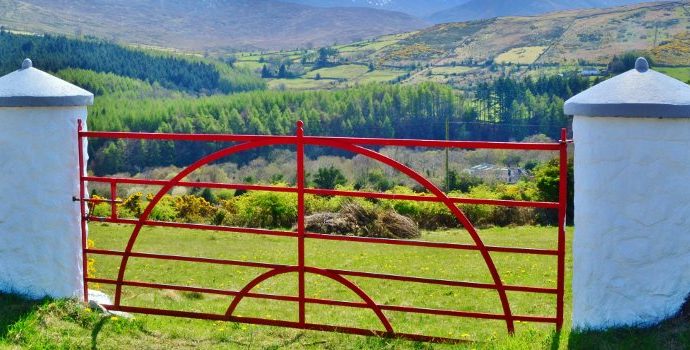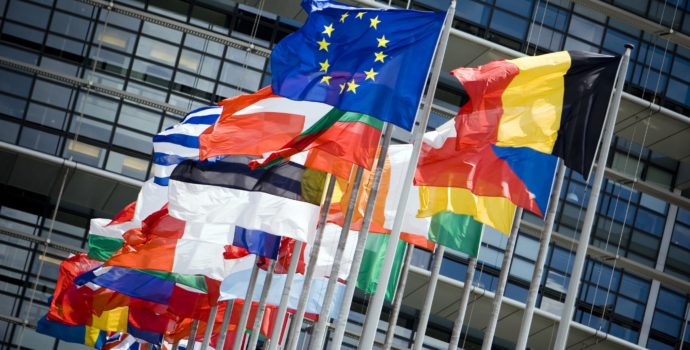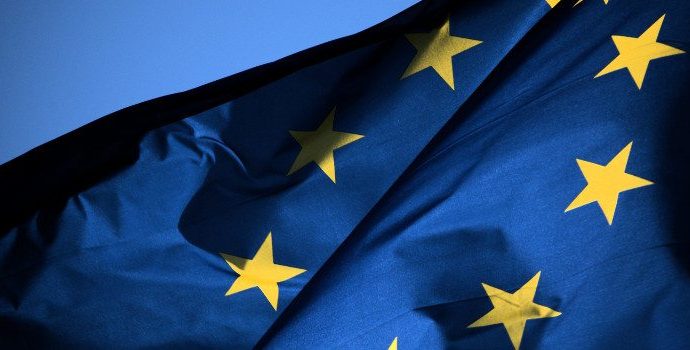European Commission Daily News 22nd July

State aid: Commission approves €650,000 Latvian scheme to support companies active in microgreen production, fishery and aquaculture sectors affected by the coronavirus outbreak
The European Commission has approved a €650,000 Latvian scheme to support companies active in primary microgreen production, fishery and aquaculture sectors affected by the coronavirus outbreak and the restrictive measures that the Latvian government had to implement to limit the spread of the virus. The scheme was approved under the State Aid Temporary Framework. Under the scheme, the public support will take the form of direct grants. The measure aims at mitigating the liquidity shortages that the beneficiaries are facing and at addressing the losses that they incurred during the period from 1 October 2020 to 31 May 2021 for companies active in the microgreen production sector and from 1 January 2021 to 31 May 2021 for companies active in fishery and aquaculture sector. The Commission found that the Latvian scheme is in line with the conditions of the Temporary Framework. In particular, the aid (i) will not exceed €225,000 per beneficiary active in the primary agricultural sector and €270,000 per beneficiary active in the fishery and aquaculture sector; and (ii) will be granted no later than 31 December 2021. The Commission concluded that the measure is necessary, appropriate and proportionate to remedy a serious disturbance in the economy of a Member State, in line with Article 107(3)(b) TFEU and the conditions set out in the Temporary Framework. On this basis, the Commission approved the scheme under EU State aid rules. More information on the Temporary Framework and other actions taken by the Commission to address the economic impact of the coronavirus pandemic can be found here. The non-confidential version of the decision will be made available under the case number SA.64033 in the State aid register on the Commission’s competition website once any confidentiality issues have been resolved.
Statement following the announcement by the UK government regarding the Protocol on Ireland / Northern Ireland
On 21 July, Vice-President Maroš Šefčovič, the EU’s co-chair of the Joint Committee and Partnership Council, issued a statement following today’s announcement by the UK government regarding the Protocol on Ireland / Northern Ireland. The statement reaffirmed the Protocol on Ireland / Northern Ireland as the joint solution that the EU found with Prime Minister Boris Johnson and Lord David Frost, ratified by the UK Parliament, to address the unique challenges that Brexit, and the type of Brexit chosen by the British government, poses for the island of Ireland. It outlined EU efforts to find flexible, practical solutions to overcome the difficulties citizens in Northern Ireland are experiencing regarding the implementation of the Protocol. Vice-President Šefčovič made clear that the EU will continue to engage with the UK, also on the suggestions made by the UK, saying: “We are ready to continue to seek creative solutions, within the framework of the Protocol, in the interest of all communities in Northern Ireland. However, we will not agree to a renegotiation of the Protocol.” Read the full statement here.
Executive Vice-President Timmermans and Commissioners Sinkevičius and Simson in Naples to attend G20 Ministerials on environment, climate and energy
Executive Vice-President Frans Timmermans, Commissioner Sinkevičius and Commissioner Kadri Simson will attend the G20 Environment, Climate and Energy Ministerial meeting today and tomorrow. The Environment, Climate, and Energy Ministerial will focus on climate action and cities, sustainable recovery, climate finance, circular economy, pollution, ocean and biodiversity protection, the clean energy transition, energy security and energy poverty. This ministerial is an important stepping-stone towards the COP26 in Glasgow later this year. It is the first occasion for the Commission to present its new proposals on implementing the European Green Deal in climate, energy, transport and fiscal policies adopted on the 14th of July to its international partners, and encourage them not only to present ambitious new targets ahead of the COP26, but also to put in place robust domestic measures to implement climate action. In the margins of the Ministerial meetings, Executive Vice-President Frans Timmermans will meet with Mrs Patricia Espinosa, Executive Secretary of UNFCCC; Mr Francesco La Camera, Director General of the International Renewable Energy Agency (IRENA); Mr John Kerry, Special Presidential Envoy for Climate from the United States; Mr Shinjiro Koizumi, Minister of Environment of Japan; Mr Maxim Reshetnikov, Minister for Economic Development of Russia; and Mr Murat Kurum, Minister of Environment of Turkey. Commissioner Sinkevicius will meet Mr Michael Regan, United States Administrator of the Environmental Protection Agency; Ms Han Jeoung Ae, Minister for the Environment of South Korea; Mr Juan Cabandie, Minister for Environment of Argentina; Mr John Kerry, Special Presidential Envoy for Climate from the United States; and Mr Shinjiro Koizumi, Minister of Environment of Japan. Commissioner Kadri Simson will meet with Mr Roberto Cingolani, Minister for Ecological Transition of Italy; Mr Peter Altmaier, Federal Minister for Economic Affairs and Energy of Germany; Mr David Turk, Deputy Secretary of the US Department of Energy; Mr Francesco La Camera, Director General of IRENA.
Protecting Europe’s seas: Commission launches public consultation on the Marine Strategy Framework Directive
The European Commission has today launched a public consultation seeking the views of citizens, institutions and organisations from the public and private sectors on how to make the EU’s Marine Strategy Framework Directive more efficient, effective and relevant to the ambitions set in the European Green Deal. Building on the initiatives announced under the European Green Deal, most notably the Zero Pollution Action Plan and the EU Biodiversity Strategy to 2030, this review seeks to ensure that Europe’s marine environment is governed by a robust framework, that keeps it clean and healthy whilst ensuring its sustainable use. Commissioner for the Environment, Oceans and Fisheries Virginijus Sinkevičius said: “Healthy seas and oceans are essential to our wellbeing and to achieve our climate and biodiversity goals. However, human activities are negatively affecting life in our seas. Biodiversity loss and pollution continue to threaten marine life and habitats, and climate change poses enormous threats to the oceans and to the whole planet. We need to step up protection and care of our seas and oceans. That is why we need to take a close look at our current rules and, if need be, change them before it is too late. Your views on the marine environment are crucial in this process.” The Marine Strategy Framework Directive is the EU’s main tool to protect the marine environment and aims to maintain healthy, productive and resilient marine ecosystems, while securing a more sustainable use of marine resources for the benefit of current and future generations. The review of the Directive will look in more detail at how it has performed so far, take into account findings by the Commission’s Report on the Marine Strategy published in June 2020 and assess its suitability to tackle the cumulative impacts of human activities on the marine environment. The public consultation is open until 22 October. More information is in the news release here.
Read the European Commission Daily News in full here.



